RECURRING NIGHTMARES CAN BE REDUCED BY SOUND THERAPY
The treatment helped people have more positive dreams
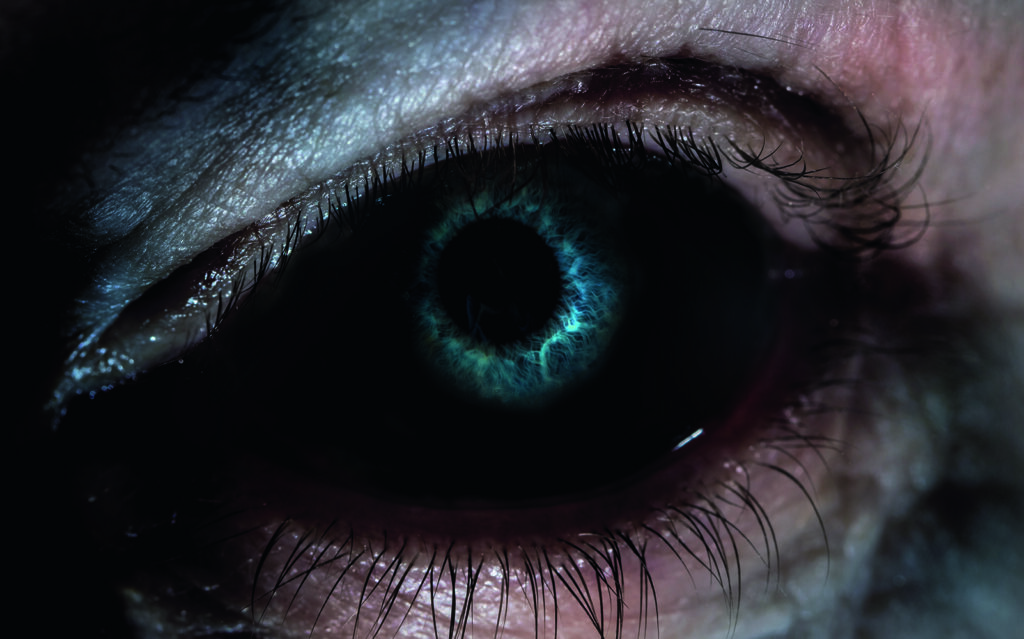
Whether it’s being unprepared for an exam, realising you are naked in public, or having your teeth suddenly fall out, around 1 in 20 of us are troubled by recurring nightmares. As well as being distressing, these nightmares can negatively affect sleep and lead to poor health. Now, help may be on the way, as sleep scientists at the University of Geneva have devised a method of cutting down the frequency of bad dreams using sound therapy.
Currently, those suffering from recurrent nightmares are prescribed ‘image rehearsal therapy’ – a form of treatment that involves patients changing the negative narrative of the recurring dream into a more positive one and then mentally rehearsing the scenario throughout the day. While this is effective in some cases, it doesn’t always help.
In an attempt to improve the effectiveness of the treatment, the researchers recruited 36 patients undergoing image rehearsal therapy. They asked half of them to listen to a soothing sound while going through their positive dream scenarios, then had them wear a headband that played the same sound to them as they slept.
Both groups experienced a drop in the frequency of their nightmares, but the effect was more pronounced in those that were played the soothing sound. They also experienced more joyful dreams.
“We were positively surprised by how well the participants respected and tolerated the study procedures, for example, performing image rehearsal therapy every day and wearing the sleep headband during the night,” said lead researcher Lampros Perogamvros.
“We observed a fast decrease of nightmares, together with dreams becoming emotionally more positive. For us, researchers and clinicians, these findings are very promising both for the study of emotional processing during sleep and for the development of new therapies.”
The researchers now plan to trial the sound therapy treatment on larger scales, with a wider range of individuals, to further establish its efficacy.
THE FOUR STAGES OF SLEEP
It all starts when you shut your eyes
NREM (non-rapid eye movement sleep); REM (rapid eye movement sleep)
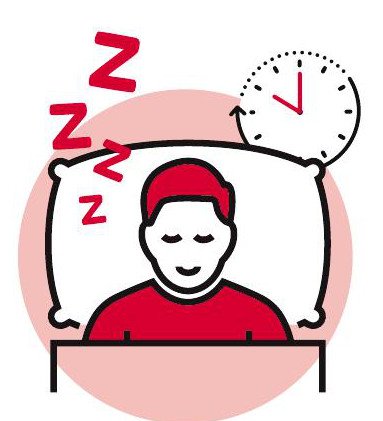
NREM STAGE 1
Transition period between wakefulness and sleep
Lasts around 5 to 10 minutes
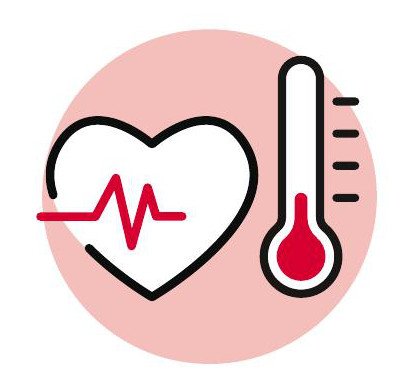
NREM STAGE 2
Body temperature drops and heart rate begins to slow
Brain begins to produce sleep spindles
Lasts approximately 20 minutes
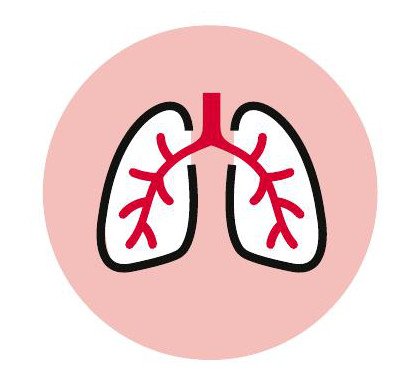
NREM STAGE 3
Muscles relax
Blood pressure and breathing rate drop
Deepest sleep occurs
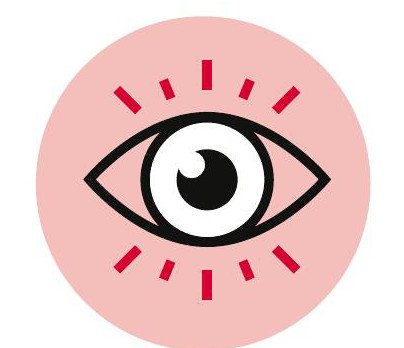
REM SLEEP
Brain becomes more active
Body becomes immobilised
Dreams occur
Eyes move rapidly
ON THE PODCAST
Listen to an episode of the Instant Genius podcast about night disorders at bit.ly/sleep_disorder